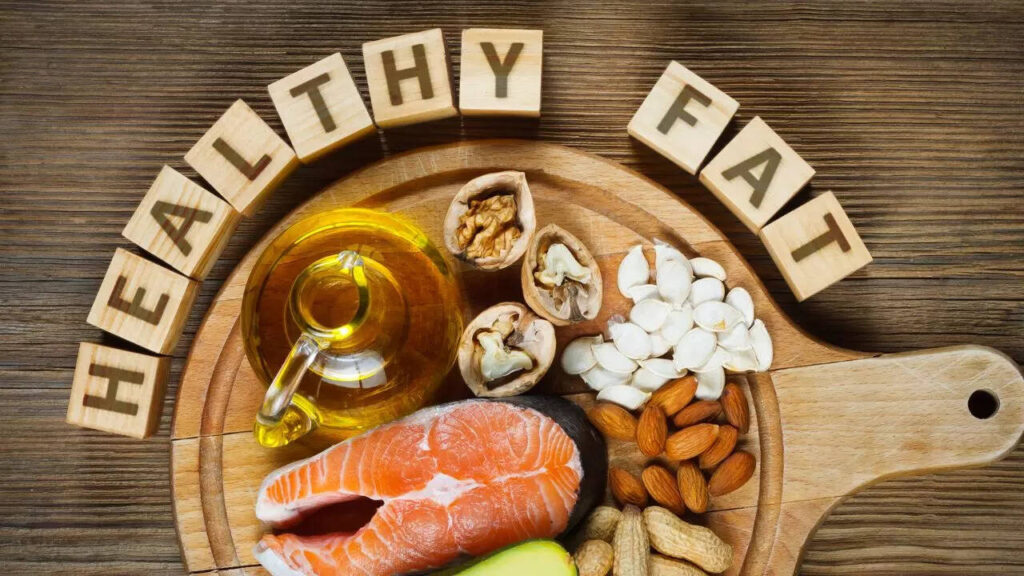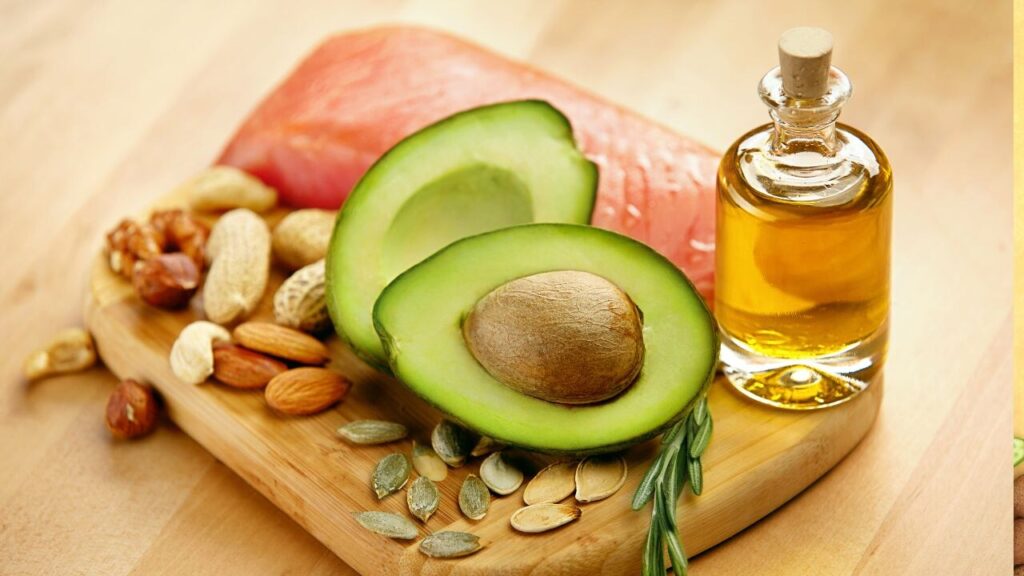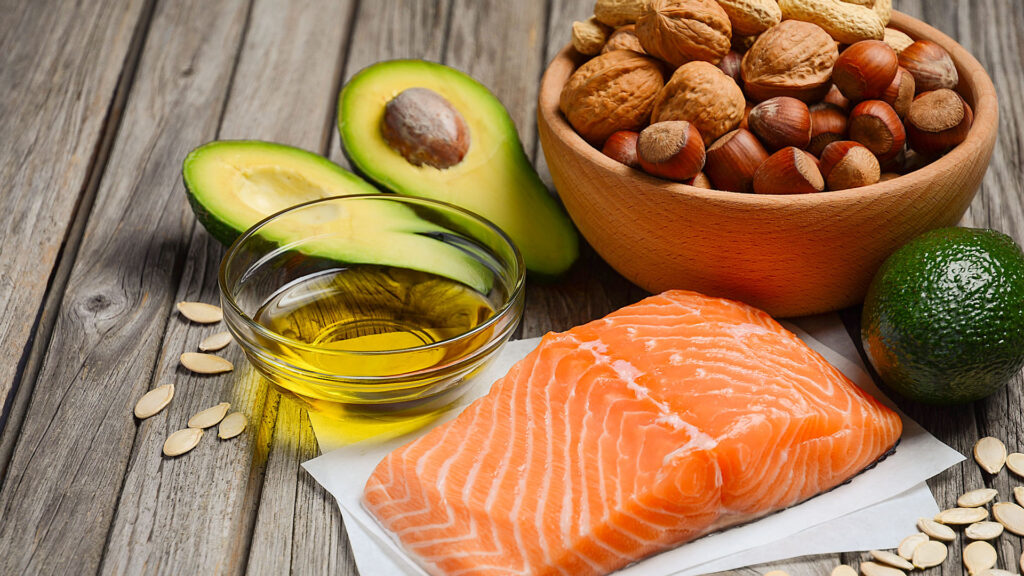Healthy Fats vs. Trans Fats: Experts Stress Balance, Moderation and Smart Oil Choices

Healthy Fats vs. Trans Fats: Experts Stress Balance, Moderation and Smart Oil Choices
Doctors advise moderation and smart oil choices to keep the heart healthy
Fat is an essential part of the human diet, but doctors at AIIMS Trauma Centre have cautioned that not all fats are created equal. According to doctors, fat plays a vital role in the body by supplying energy, helping absorb vitamins A, D, E and K, supporting hormone production, and providing essential fatty acids the body cannot produce on its own. However, the type and amount of fat consumed can make a significant difference to long-term health.
Healthy vs. unhealthy fats
Unsaturated fats, found in oils such as olive, mustard, soybean, peanut, sunflower, and in foods like nuts and fish, are beneficial for heart health. Omega-3 fatty acids—present in flaxseeds, chia seeds, walnuts, soybeans, and fish help lower triglycerides, while Omega-6 fatty acids—found in safflower, sunflower, sesame, corn and rice bran oils help reduce LDL cholesterol. Doctors recommend maintaining a balance of Omega-3 and Omega-6 by rotating oils regularly.

In contrast, trans fats and excess saturated fats are considered harmful. Trans fats are commonly present in packaged snacks, fried foods, and bakery items, while saturated fats are found in butter, ghee, red meat, and cream. Experts warn that reheating oils can also create trans fats, further raising health risks.
Recommended intake
Nutritionists advise that no single oil is perfect for cooking. Instead, different oils should be used for different dishes—for instance, vegetables in mustard oil and dals in soybean oil. For a healthy adult, three to four teaspoons (15–20 ml) of oil daily is sufficient, depending on activity levels.

Doctors also caution against excessive intake. “All fats are calorie-dense, providing nine calories per gram, more than double that of proteins or carbohydrates. Overconsumption can lead to weight gain and increase the risk of heart attack and stroke,” said experts, adding that about one-third of total daily calories (no more than 35 per cent) should come from fats, as per global nutrition guidelines.
Disclaimer: This article is for informational purposes only. It should not be considered a substitute for professional medical advice, diagnosis, or treatment. Please consult a qualified healthcare provider before making any changes to your diet or lifestyle












